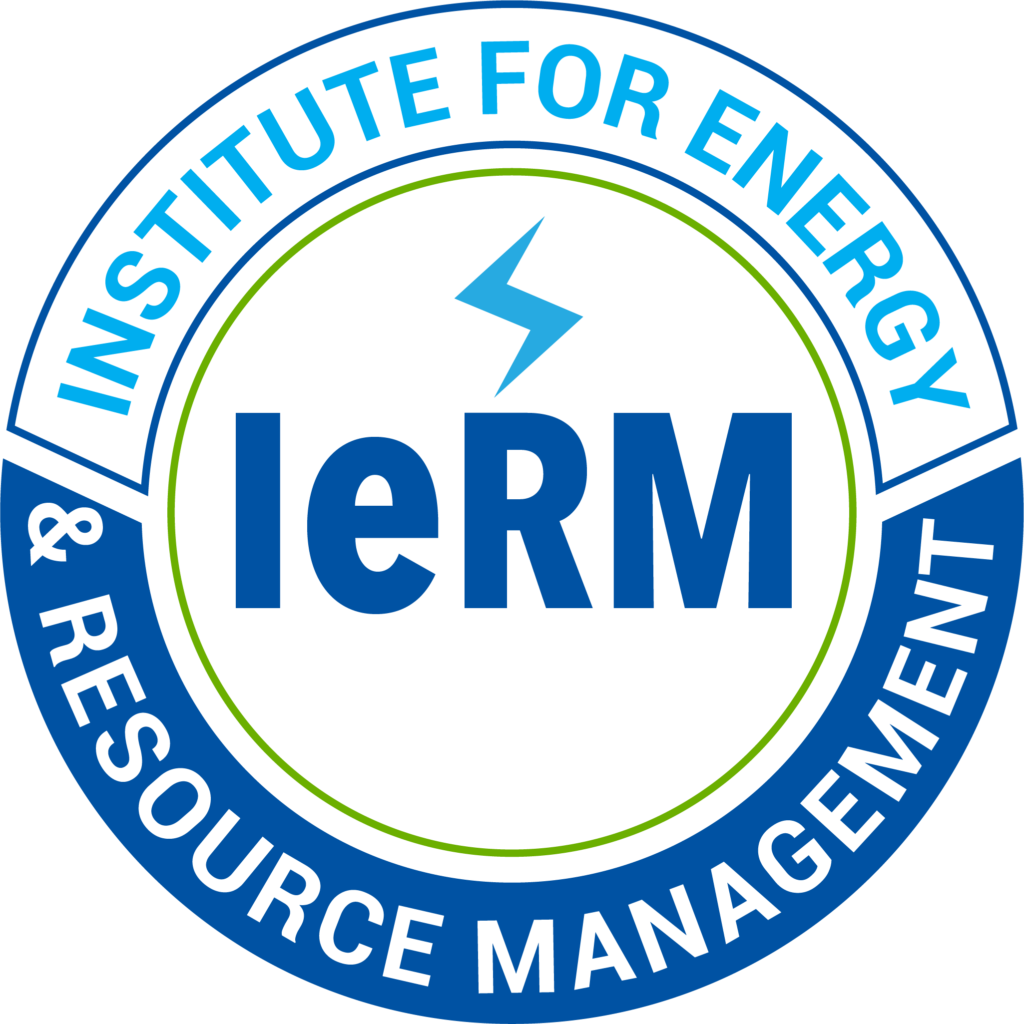WASHINGTON, May 4 (Reuters) – The rate of plastic waste recycling in the United States fell to between 5%-6% in 2021 as some countries stopped accepting U.S. waste exports and as plastic waste generation surged to new highs, according to a report released on Wednesday.
On Wednesday evening, April 27th 2022, the King County Solid Waste Division (SWD) held a virtual meeting to provide an update on the expansion and operation of the Cedar Hills landfill, an exercise that can best be described as attempting to put lipstick on a pig. The landfill, originally slated…
Microplastic pollution has been discovered lodged deep in the lungs of living people for the first time. The particles were found in almost all the samples analysed.
The scientists said microplastic pollution was now ubiquitous across the planet, making human exposure unavoidable and meaning “there is an increasing concern regarding the hazards” to health.
Samples were taken from tissue removed from 13 patients undergoing surgery and microplastics were found in 11 cases. The most common particles were polypropylene, used in plastic packaging and pipes, and PET, used in bottles. Two previous studies had found microplastics at similarly high rates in lung tissue taken during autopsies.
…
Advocates of sustainable energy and waste management have been critical of the King County Solid Waste Division’s apparent push to expand the landfill. In September 2021, the Institute for Energy and Resource Management issued a public statement calling the King County Solid Waste Division’s environmental impact statement a “boondoogle,” and accusing the county of “going through the motions but having the conclusion decided well before hand.”
President of the Institute for Energy and Resource Management, Philipp Schmidt-Pathmann, has been increasingly vocal in his criticism of the King County Solid Waste Division and what he believes has been a lack of investment in recycling infrastructure and systems improvements. He cited stagnate rates of recycling in the region over the years.
Schmidt-Pathmann also has expressed his disbelief in the county’s studies, which claim the possibility of high rates of methane recapture from the landfill. Schmidt-Pathmann believes that the county has overinflated the rates of methane that can be captured as a way of making a landfill look like a more viable and sustainable waste management method than he believes it truly is.
He expressed his skepticism regarding the county’s reported rates of methane capture in a letter to the director of the King County Solid Waste Division in November of 2021.
…
….
“For many years I’ve been working in the field of toxic waste, toxicology, cancer, infectious diseases, and it always leads into the business of sewage sludge and other forms of toxic waste,” he said.
Last week, Honour spoke of the dangers in human sludge, especially from patients treated with chemo, a drug designed to kill human cells, as well as hospital wastes, bacteria, viruses, dioxins, PCBs, asbestos, industrial waste, heavy metals and other hazards.
“For some reason, in Washington state, we live under the delusion that growing our food in extremely toxic waste is good news and is beneficial to the economy because farmers get a break from buying very expensive commercial fertilizers,” Honour said. “But the costs to us in our county and our state are extraordinary.”
….




